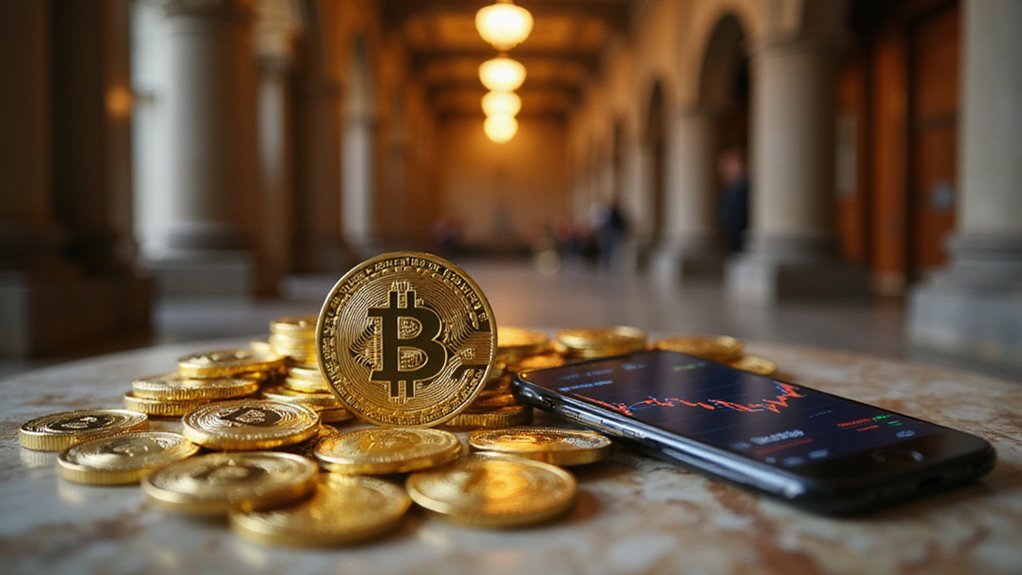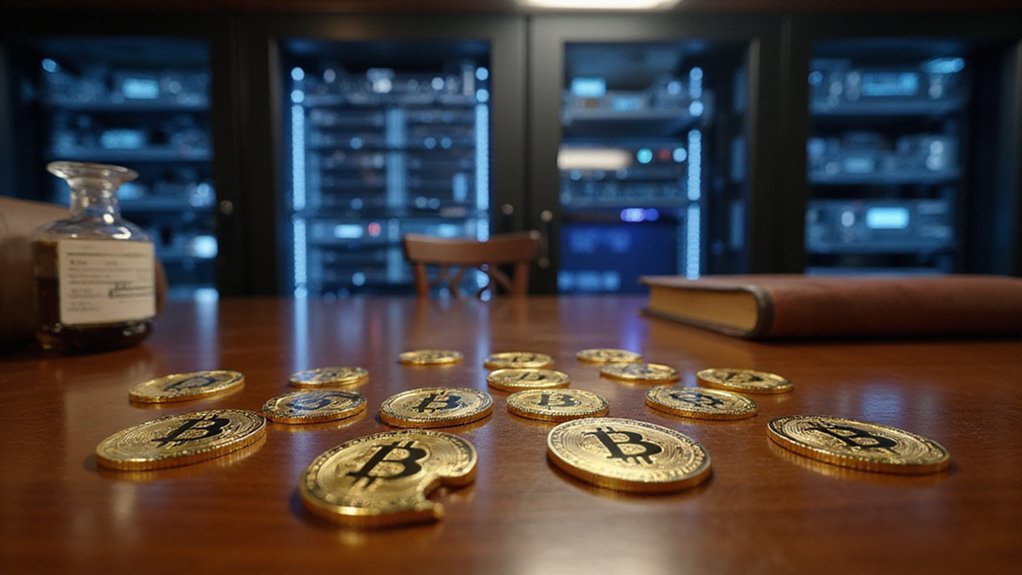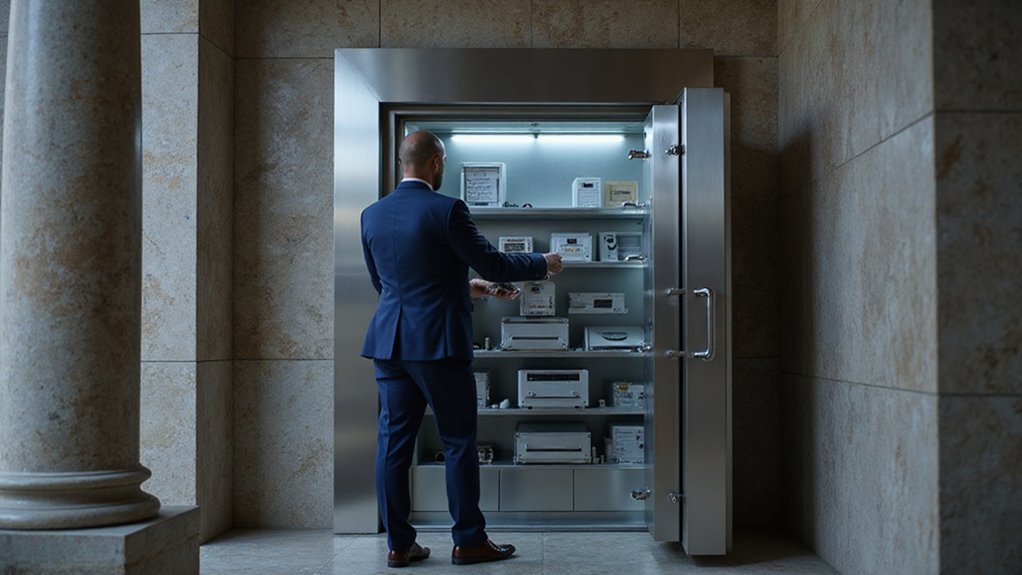Germany’s largest savings bank network is preparing to embrace the very asset class it once viewed with institutional skepticism—cryptocurrency—as Sparkassen-Finanzgruppe announced plans to launch retail crypto trading services by summer 2026.
The institution’s remarkable about-face affects approximately 50 million retail clients across Germany, transforming what was previously dismissed as speculative volatility into mainstream banking infrastructure. DekaBank, the group’s securities and investment arm, will spearhead the technical development, integrating Bitcoin and other digital assets directly into Sparkassen’s existing mobile banking application—because apparently nothing says “financial revolution” quite like adding another tab to your everyday banking app.
This strategic pivot reflects the EU’s Markets in Crypto-Assets (MiCA) regulation finally providing the legal clarity that traditional banks demanded before dipping their institutional toes into digital waters. DekaBank’s existing German crypto custody license guarantees compliance with anti-money laundering and counter-terrorism financing requirements, addressing the regulatory concerns that previously kept Sparkassen committees firmly planted in the “absolutely not” camp regarding crypto services for private clients.
The competitive landscape certainly influenced this decision, with Volksbanken and other German financial institutions already offering crypto trading to their customers. Sparkassen’s retail-focused approach distinguishes it from larger European banks that primarily serve institutional investors, positioning the network to capture the growing consumer demand for regulated crypto access through trusted banking channels.
The retail-focused network aims to capture consumer demand that competitors like Volksbanken have already begun satisfying through regulated crypto services.
The irony is palpable: an institution built on conservative savings principles now preparing to facilitate trading in assets known for their spectacular price swings. Yet this cultural shift signals broader acceptance within Germany’s traditional banking sector, where digital assets are evolving from fringe curiosities to necessary service offerings.
Consumer impact could prove substantial, as Sparkassen’s trusted brand recognition may boost confidence among retail investors previously hesitant to engage with cryptocurrency through less familiar platforms. The mobile app integration promises user-friendly trading experiences while maintaining the security frameworks that institutional customers expect.
For clients seeking stability amid crypto volatility, Sparkassen will likely emphasize how stablecoins can provide a secure parking space to shift away from more volatile cryptocurrencies during market fluctuations.
Sparkassen’s transformation from crypto skeptic to digital asset facilitator illustrates how regulatory clarity, competitive pressure, and customer demand can collectively overcome even the most entrenched institutional resistance—proving that in banking, as in life, never say never.









